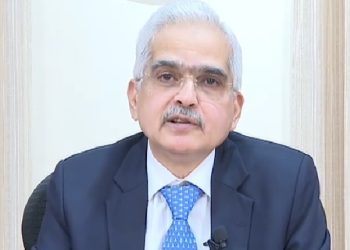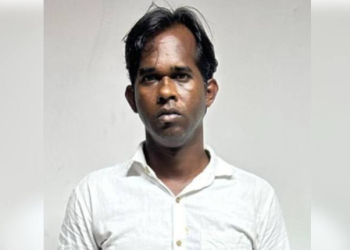New Delhi: Aftab Ameen Poonawalla was in a relationship with Shraddha Walkar since 2018 but he strangled her after a fight between them on May 18. He then chopped her body into several pieces and disposed off the parts in various locations before being arrested six months after the crime.
The duo had been in a live-in relationship since 2019 and had moved to Delhi on May 8. They stayed in a hotel in Paharganj for seven days and then shifted to a rented house on May 15, just three days before Shraddha was murdered.
Investigators claimed that in such ‘crimes of passion’, the killer remains distressed for at least a month and only then starts getting back to normal, though it is remarkable that Aftab worked for months to erase any evidence of his crime.
‘A crime of passion’, you may have heard of the term but you may not be sure what that means in a legal sense. In simple terms a crime of passion or ‘crime passionnel’ derived from French refers to a violent crime, particularly homicide, in which the culprit executes the act against someone out of a strong grudge, such as sudden passion, rather than as a premeditated crime.
According to the National Crime Record Bureau (NCRB) data, from 2017 to 2021, homicides due to love affairs or illicit relationships rose from 2,706 to 3,139 across the country.
The country’s first case of a crime of passion was reported in
1959. Naval commander Kawas Manekshaw Nanavati, on April 27,
1959, killed his wife Sylvia’s businessman lover, Prem Bhagwan Ahuja in a Bombay flat. Nanavati fired three shots that killed Ahuja. He then went to a police station and confessed his crime.
He was initially declared not guilty by a jury, whose verdict was dismissed by the then Bombay High Court. In 1960, Nanavati was found guilty and sentenced to life in prison. In 1964, he was pardoned by the then Bombay Governor and Jawaharlal Nehru’s sister Vijayalakshmi Pandit.
In the infamous tandoor murder case of 1995, Sushil Sharma, the then Youth Congress leader, had shot dead his partner Naina Sahni in Delhi over suspicions of her having an affair. He chopped her body into parts, and then tried to dispose off the pieces by burning them in a tandoor (clay oven) on the roof of a popular restaurant that was managed by his friend.
In India, this was a landmark case in which DNA evidence and a second autopsy were used to prove the accused’s guilt. The punishment was life imprisonment given by the Delhi High Court.
In 2003, Madhumita Shukla, a rising poet, was killed at her home.
Madhumani Tripathi, wife of politician Amarmani Tripathi, who disliked Shukla’s involvement with her husband, planned the murder as a contract killing. Both the conspirator and the murderers were given life imprisonment.
In yet another incident of a crime of passion, on May 7, 2008, Neeraj Grover, a senior executive at TV production firm Synergy Adlabs, was stabbed to death at Kannada actor Maria Susairaj’s apartment allegedly by her fiance, Emile Jerome Mathew, an ex-navy officer in Mumbai.
Jerome had flown from Kochi naval base to Mumbai on May 7 and went to Maria’s flat that night where he heard a man’s voice. Consumed by jealousy he killed Neeraj using a knife from Maria’s kitchen.
The couple then chopped the body into pieces, stuffed them into two bags and drove to the Manor jungles in Thane to burn the body.
Maria was imprisoned for 3 years while Jerome was sentenced to
10 years in jail. The Mumbai Sessions Court decided that the murder of Neeraj was not planned.
(IANS)




















